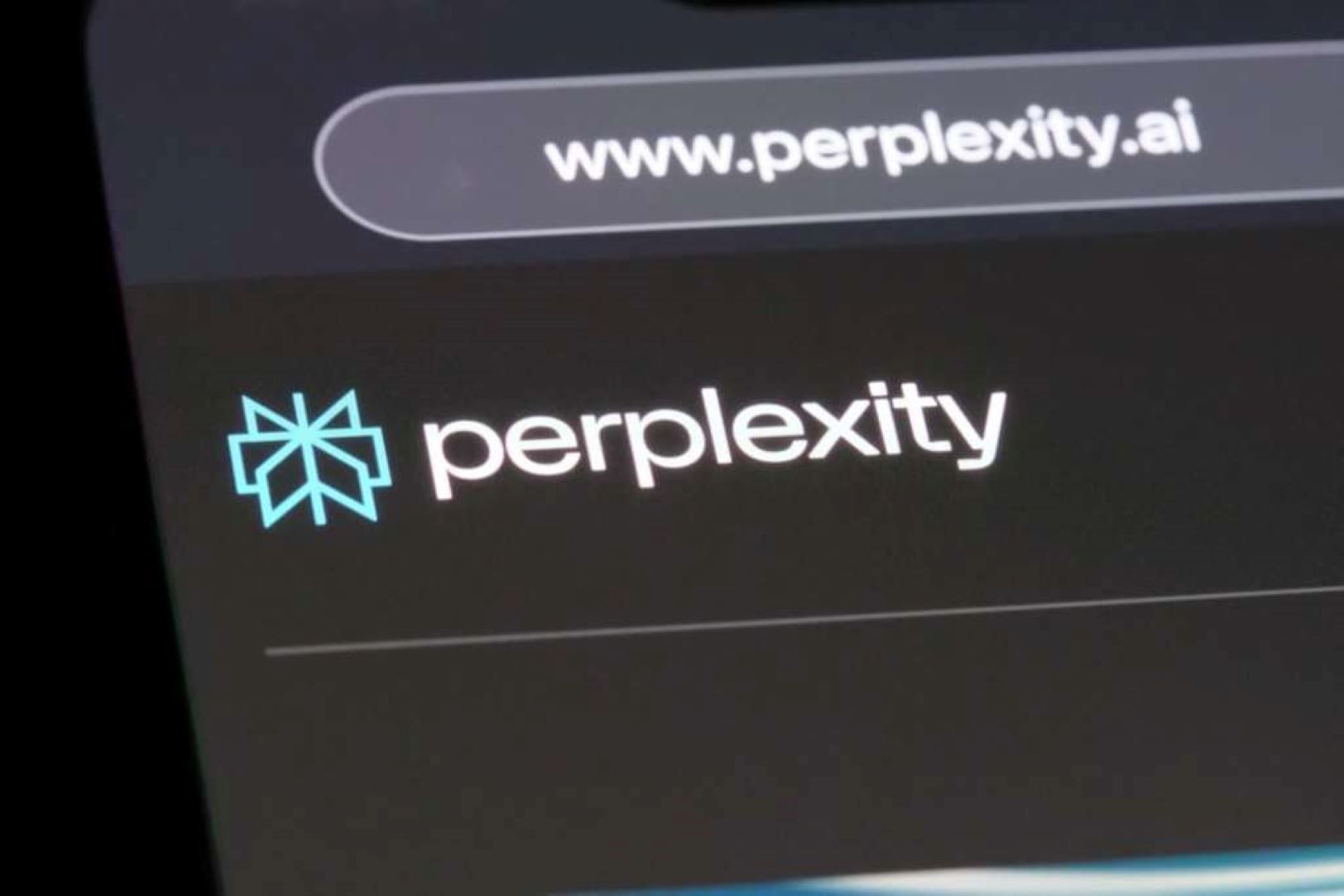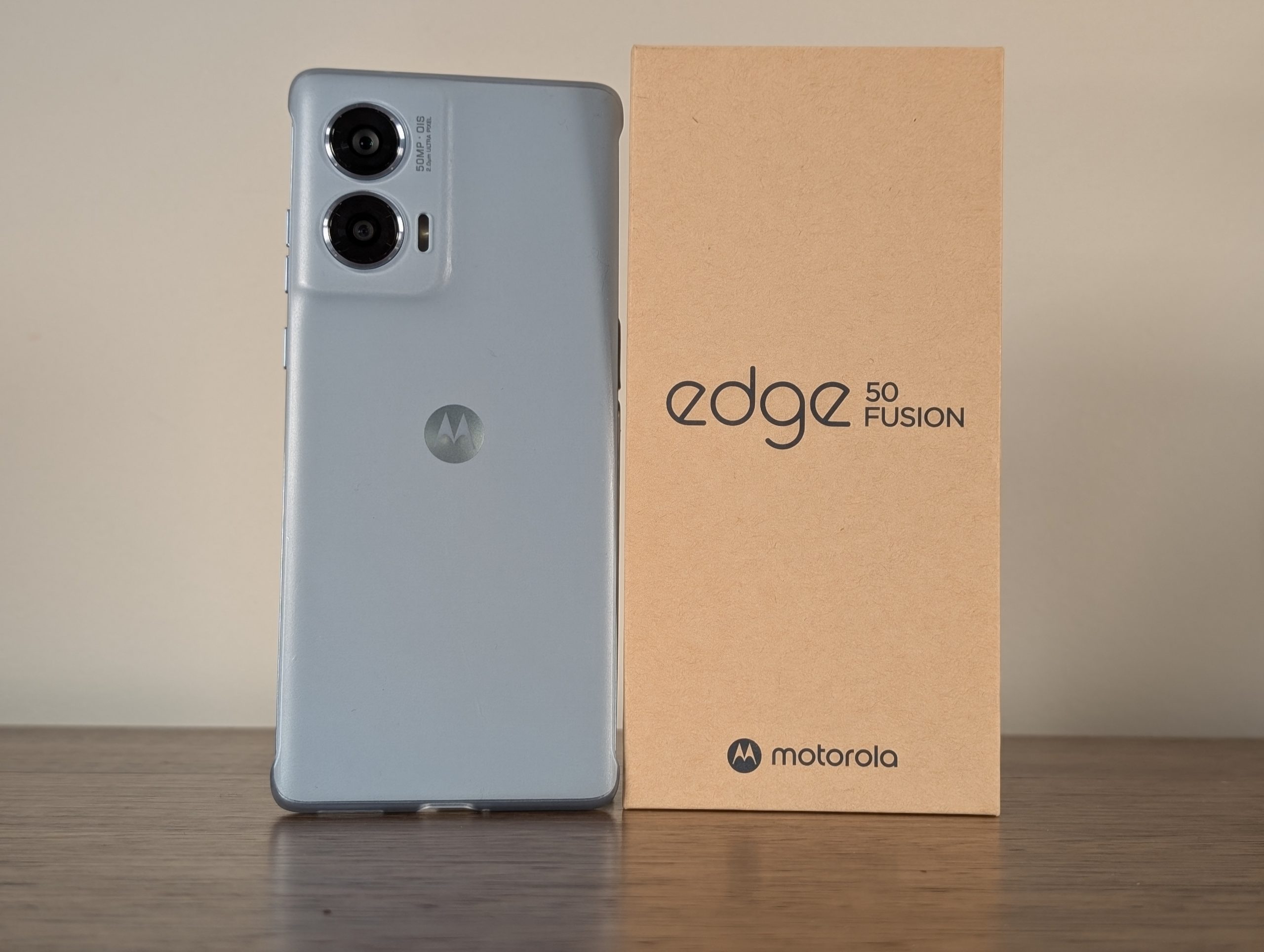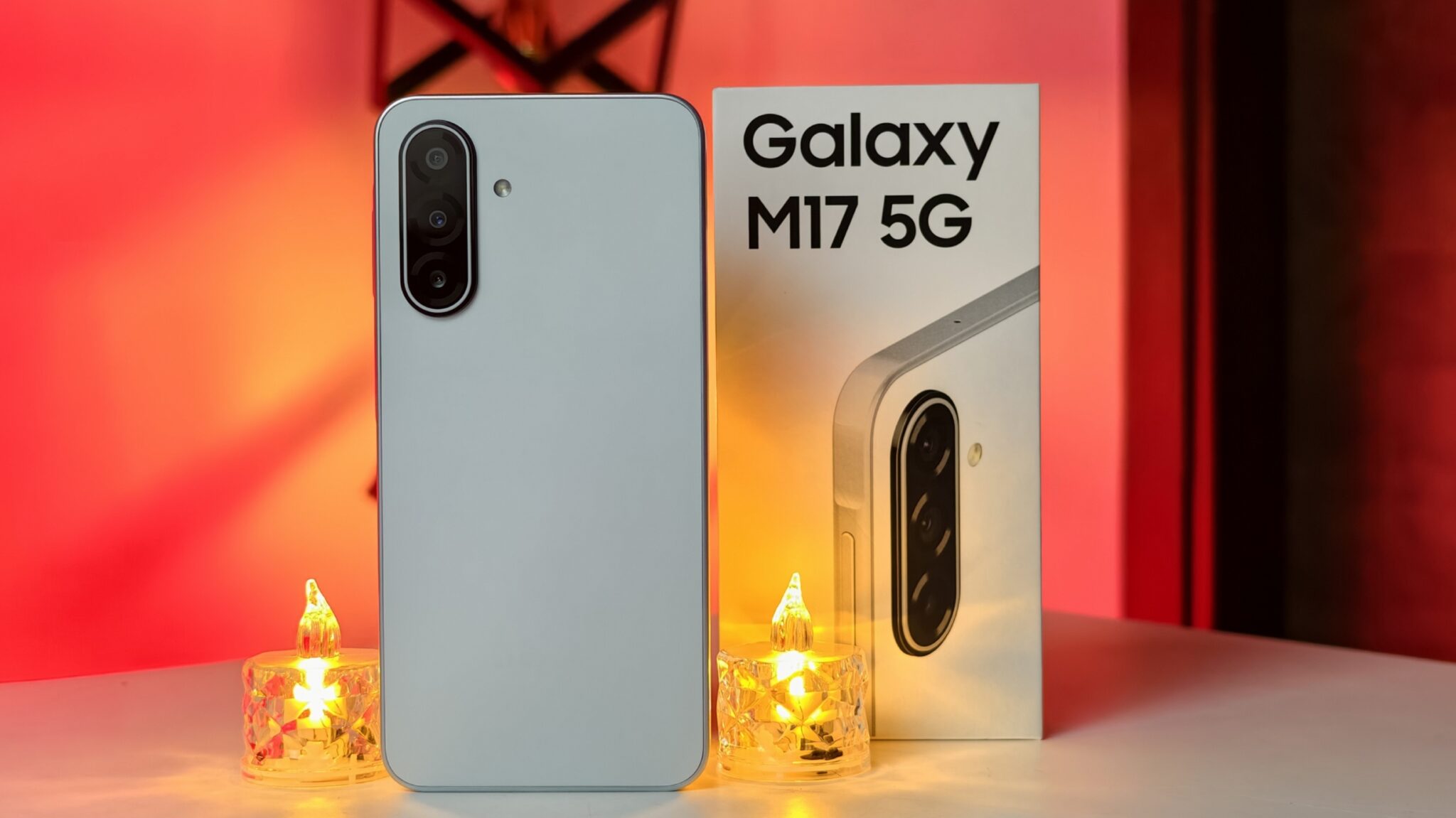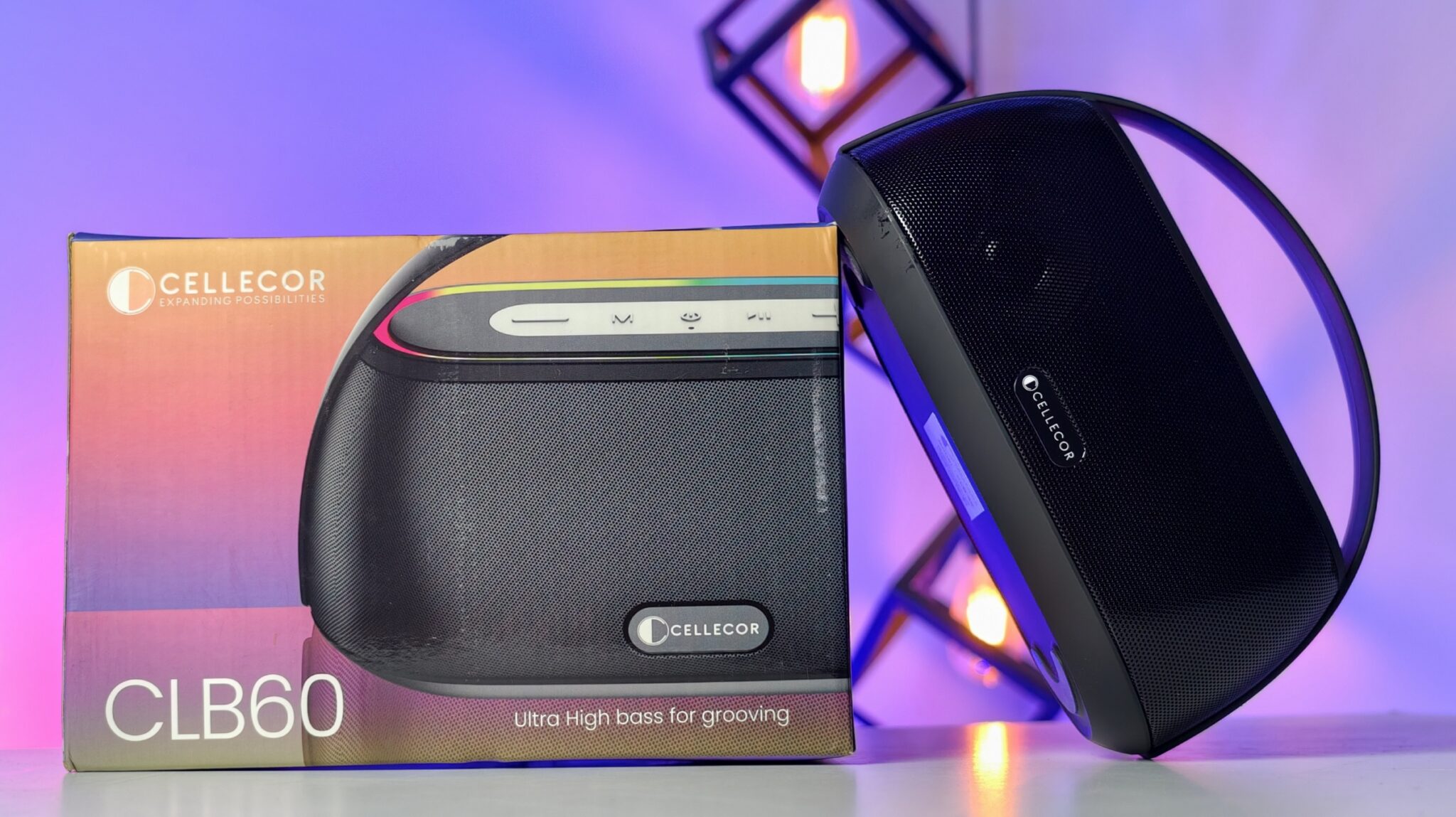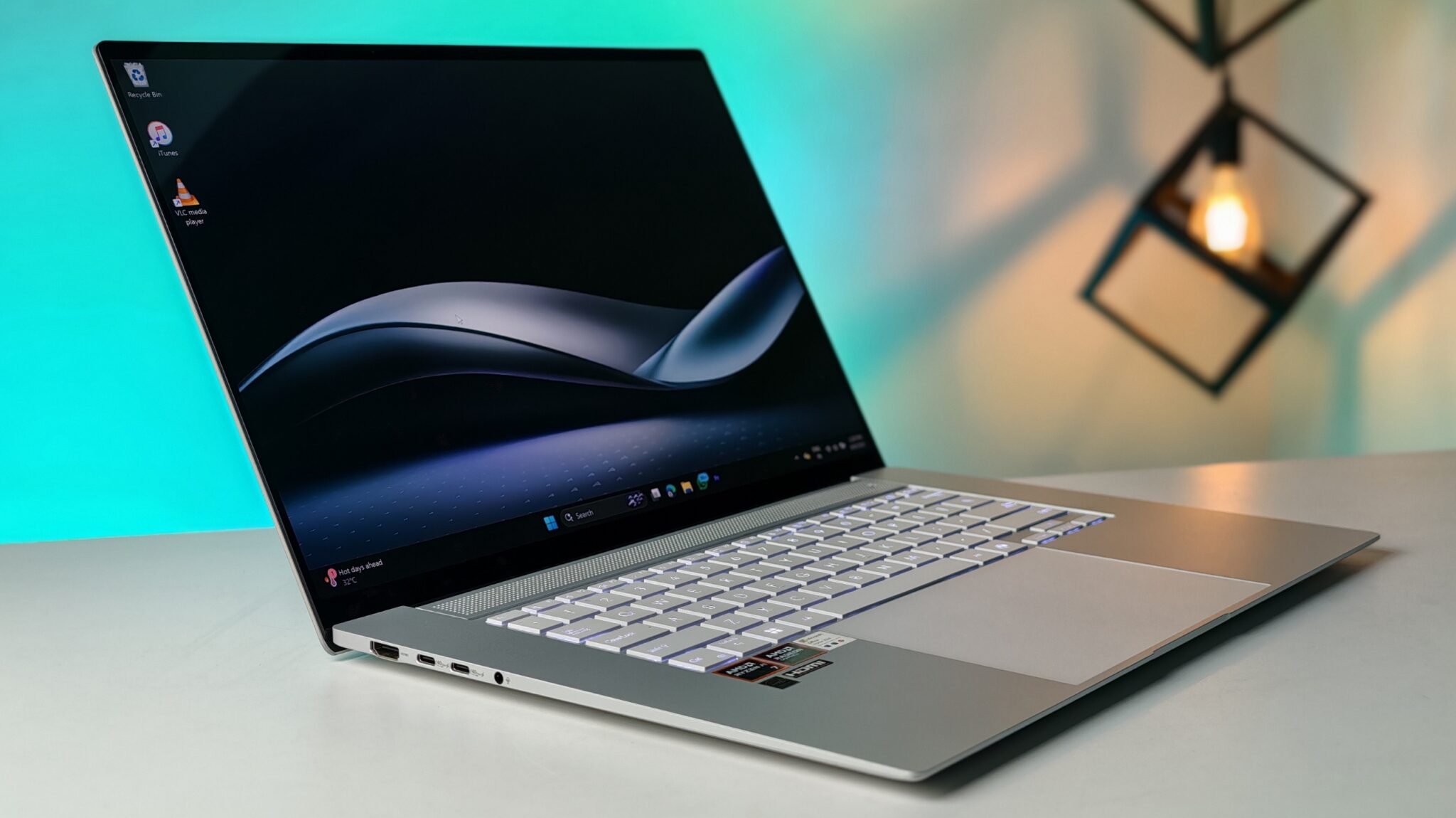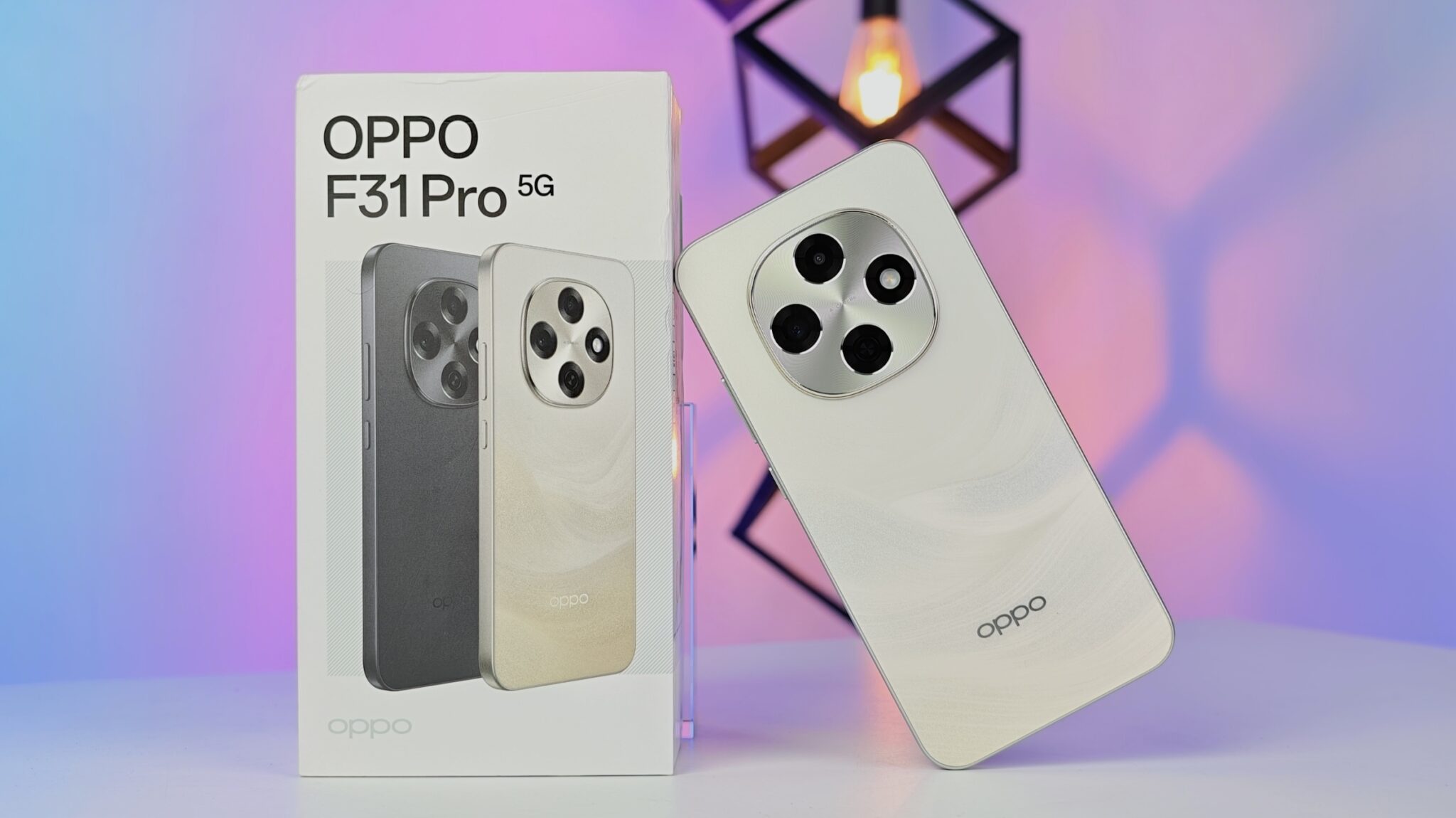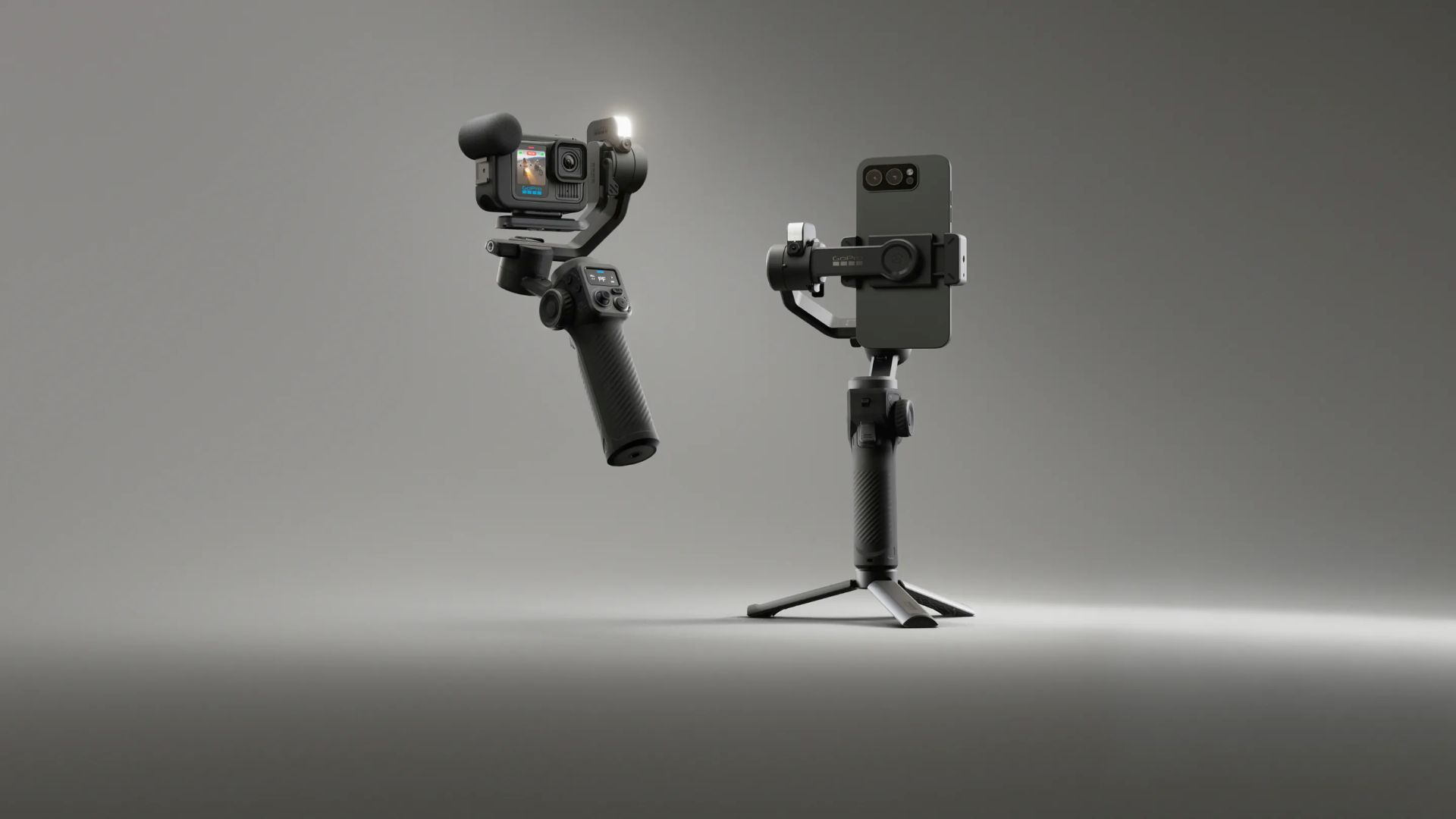The digital world is buzzing—again. This time, it’s thanks to a browser that might just change how we interact with the internet. Perplexity AI’s “Comet,” which began as a beta exclusive for Mac users with Apple Silicon, is now landing on Windows. And this isn’t just another software port; it’s a leap into something much more ambitious—a task-oriented, AI-powered browsing experience.
Key Takeaways
- Perplexity’s Comet browser, previously in beta for Mac, is now rolling out to select Windows users.
- It introduces “agentic search,” an AI-driven approach that goes beyond traditional search to perform tasks and synthesize information.
- Key features include deep research, real-time answers with source citations, conversational follow-up, and the ability to automate complex online tasks.
- The browser is built on Chromium, the same foundation as Google Chrome and Microsoft Edge, promising compatibility and speed.
- While an official public launch date is not yet set, early invites have been extended, and an Android version is also in progress.
- Perplexity aims to redefine online interaction by making Browse more intelligent and efficient for various users.
Aravind Srinivas, CEO of Perplexity AI, recently announced the news on X, noting that the Windows version of Comet is finally ready. Invitations are going out to early testers, marking what could be a pivotal moment—not just for the company, but for how we browse and interact online. With Comet, Perplexity is planting its flag in a space still largely ruled by giants like Chrome and Edge, but doing so with a very different kind of promise.
What Makes Comet Different?
The Promise of Agentic Search Let’s get this straight: Comet isn’t just a new browser. It’s more of a rethink—a response to the question, “What if your browser could actually help you do things instead of just showing you websites?”
This is where “agentic search” comes in. Unlike traditional search engines that offer you a buffet of blue links, Comet tries to do the work for you. Imagine needing to gather research across dozens of sources, fill out a form, or even summarize a dense article. Instead of hopping tab to tab, you’d have an AI assistant that synthesizes everything and carries out tasks—sometimes multi-step ones—all within the browser. That’s the vision.
The usual browsing experience demands effort: navigating, clicking, comparing, piecing together information manually. Comet flips that equation. It aims to be proactive, streamlining your effort with AI quietly working behind the scenes. Think less clicking, more doing.
Deep Dive into Comet’s Features
So what’s actually inside this thing? A lot, and it’s not just bells and whistles—it’s clearly designed for people who dig deep into the internet for answers.
- Deep Research: Perhaps the crown jewel. The browser doesn’t just summarize; it digs in, pulls from a variety of sources, and delivers a well-rounded, synthesized answer. If you’re a student, a researcher, or just someone with a relentless curiosity, this feature could be a real timesaver.
- Ask with Voice or Text: You can talk to Comet or type, whichever feels more natural. Either way, you get real-time answers. It feels conversational—more like asking a very smart friend than typing keywords into a search bar.
- Thread Follow-Up: This one’s underrated. Comet remembers what you were asking about a few moments ago. That way, you can build on your queries naturally without starting from scratch every time. It’s surprisingly helpful.
- Sources and Citations: A big one for credibility. Every answer comes with transparent citations, so you can trace the info back to its origin. That alone sets Comet apart from more opaque AI tools.
- Your Library: This is more than a glorified search history. It’s a living archive—your own curated hub of questions, answers, and insights. You can revisit your thought trail and build on it later.
- Specific Use Cases: Comet shows off its practical chops here. It can hunt for discounts in your shopping cart, find ignored emails, or even let you upload a photo and virtually “try on” clothes. It’s still early days, but these features hint at a broader, more interactive future.
Built on Chromium—the same solid foundation as Chrome and Edge—Comet promises reliability, security, and compatibility right out of the gate. But layered on top is Perplexity’s AI assistant, making the whole experience feel familiar yet noticeably smarter.
Perplexity AI
A Quick Overview Perplexity AI was born in August 2022, co-founded by a team with serious AI credentials—alumni of OpenAI, Google Brain, and Meta. Their initial goal? Build a search engine that doesn’t just hand you a pile of links but gives you direct, cited answers.
That vision resonated. After launching their engine in December 2022, the platform quickly attracted millions of users. Since then, they’ve raised funding from heavy-hitters like Jeff Bezos, Nvidia, and Databricks. As of mid-2025, the company’s valuation is soaring.
They’ve also developed their own language models—Sonar (based on Llama 3.3) and R1 1776 (based on DeepSeek R1)—which power much of their platform’s intelligence. But they’re not stopping at the browser. Perplexity has launched a shopping hub, internal business search tools, and real-time finance features. Clearly, they’re aiming for more than just your search bar.
The Landscape of AI Browse
Competition and User Concerns We’re entering new territory here. While Chrome still owns a huge chunk of the market (over 65% as of early 2024), AI browsers are beginning to nibble at the edges. And Comet, with its deeply integrated AI, is among the most compelling of these newcomers.
Feedback has generally been optimistic. Early users applaud the accuracy and clarity of responses, especially for research-heavy use cases. Many find the UI refreshingly simple—and more importantly, useful.
Still, there are valid concerns. Srinivas previously noted that Comet might collect data outside the app to “better understand users.” That raised some eyebrows. He later clarified: personalization is optional, particularly when it comes to targeted advertising. But the discussion around AI, privacy, and data transparency is far from over.
The Road Ahead for Comet
Comet is out there now—at least for early Windows testers. The full public launch? Not quite yet. But Perplexity is actively inviting users to join the waitlist and giving sneak peeks as feedback rolls in.
Meanwhile, the Android version is apparently “moving at a crazy pace,” with development ahead of schedule. It’s pretty clear Perplexity wants this tool in as many hands (and on as many devices) as possible.
At the end of the day, Comet’s debut on Windows isn’t just about adding another browser to your desktop. It’s about shifting our expectations. What if your browser wasn’t passive, but proactive? What if search became more like action?
That’s what Perplexity is betting on—and frankly, it’s a bet worth watching.
Frequently Asked Questions (FAQs)
Q1: What is Perplexity AI’s Comet browser?
A1: Perplexity AI’s Comet is a new AI-powered web browser that aims to go beyond traditional search. It uses advanced AI models to understand queries, synthesize information from multiple sources, and even perform complex tasks for the user, offering direct answers with citations.
Q2: Is Perplexity Comet available for all Windows users now?
A2: Currently, Perplexity Comet is rolling out to select Windows users as part of an early testing phase. An official public launch date has not been announced, but users can sign up for a waitlist to gain access.
Q3: What are the main features of Perplexity Comet on Windows?
A3: Key features include “agentic search,” deep research capabilities, real-time answers with source citations, conversational follow-up for refining queries, a “Your Library” for organizing past searches, and practical tools like shopping cart discount checks and email management.
Q4: How does Perplexity Comet differ from Google Chrome or Microsoft Edge?
A4: While built on the same Chromium foundation as Chrome and Edge, Comet differentiates itself with its deep integration of AI for “agentic search.” This means it focuses on providing direct answers and completing tasks, rather than just displaying search results, aiming for a more intelligent and automated Browse experience.
Q5: What are the system requirements for Perplexity Comet on Windows?
A5: Based on available information, the minimum system requirements for the Perplexity AI app (which includes the browser) are Windows 10 (64-bit), an Intel Core i3 or AMD equivalent processor, 8 GB of RAM, 500 MB of free disk space, and a stable broadband internet connection. Recommended specifications are Windows 11, Intel Core i5/i7 or AMD Ryzen 5/7, 16 GB RAM or higher, and 2 GB free disk space.
Q6: Does Perplexity Comet collect user data?
A6: Perplexity has stated that Comet will collect data to understand users better and personalize experiences. However, the company has clarified that users will have the option to opt out of personalization related to targeted advertising.
Q7: Will Perplexity Comet be available on other platforms?
A7: Yes, Perplexity Comet initially launched in beta for Mac users with Apple Silicon chips. An Android version is also under development and is reported to be progressing ahead of schedule.
Q8: Can Perplexity Comet be used for academic research?
A8: Yes, Perplexity Comet is particularly suited for academic research. Its “Deep Research” feature performs extensive searches and synthesizes information with full source citations, allowing users to verify facts and gather comprehensive data efficiently.


